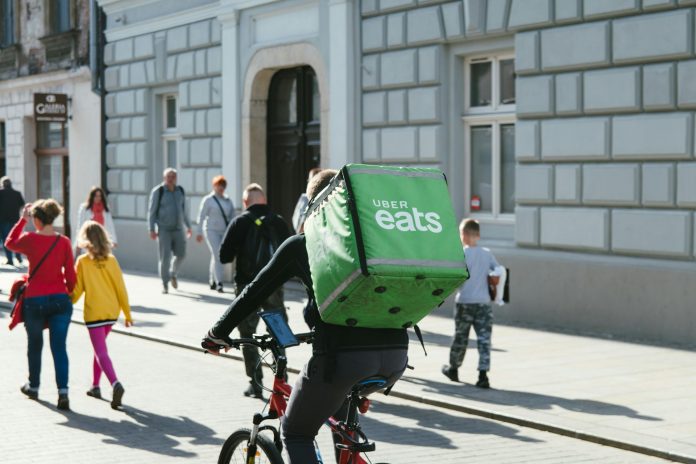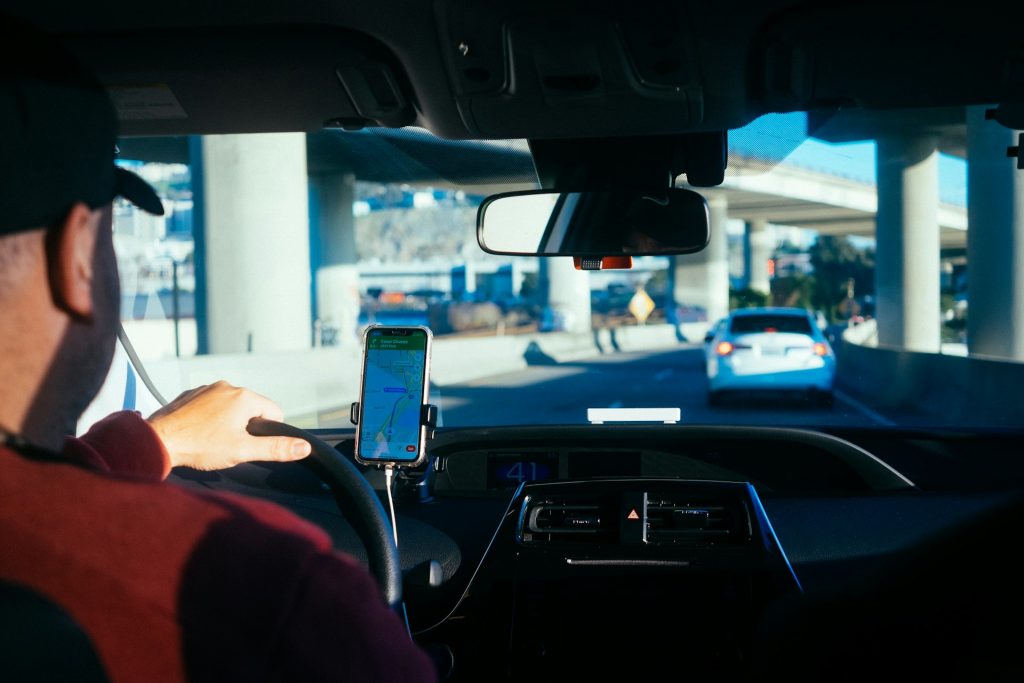
I am a disabled gig worker in Seattle who has shown up time and again over the course of five years, advocating to the Seattle City Council for fair pay and treatment of gig workers like me. In 2022, we won the nation’s first minimum wage for gig workers: a pay floor that guarantees us at least $5 per order, after years of doing this work for next-to-no pay, cobbling together as many hours of work as possible in order to survive. Barely four weeks ago, that law went into effect.
Winning a minimum pay standard that brings our line of work closer to the type of minimum wage that all other workers in our city receive and deserve is a life-saver. And it’s important to remember: the fight for fair pay isn’t greedy. It isn’t about getting rich. We are asking only for what all workers deserve.
To recognize and respect gig workers’ humanity by paying us a living wage only costs the gig company executives another yacht, while making our local economy fairer and stronger for all of us. In line with Seattle values, I fought for fair pay so gig workers would no longer be exploited.
But right now, instead of celebrating the fact that gig workers are finally earning a living wage, the app corporations are raising unnecessary fees. The gig company executives – the men and women who became millionaires and billionaires, who financially benefit from the wear and tear of my disabled body and my aging car – are charging their customers more and higher fees, when they simply do not need to.
It is the gig company executives who assign and control cost through fees and it has always been that way. If the profit from the fees that gig companies charge their customers enables them to make billions, pour millions into our local elections, and lobby city council members, then they should be able to pay their drivers a fair wage.

They say the fees are necessary to cover the cost of paying drivers a fair wage and that we now make $26.40 an hour. This isn’t true. The fees and misleading messages are some of the many ways gig companies are attempting to force the pay standards to look like a failure rather than the massive economic victory that they are. A 2022 study of over 400 Seattle gig workers’ job reports found that simply paying the tens of thousands of gig workers in our city a minimum wage after expenses increases annual earnings by $79 million – money we can put right back into our local economy as customers ourselves.
It’s crucial to remember that a disproportionate number of gig workers are people with disabilities, chronic illness, or come from immigrant and refugee communities, for whom our gig work income is our main income. A flexible job is a lifeline for us. Many of my own customers are people with disabilities too, or are elders or people with mobility challenges. For the apps to choose to make this harder for workers and customers rather than finding a solution that provides us a living wage without adding costly fees to the customers who need delivery is lazy and vindictive. We provide a vital service to many people in need.
We worked through numerous stakeholdering processes with app corporations, small businesses, and other community members over multiple years to make this minimum pay law fair and equitable for all involved. All parties had input at every step of the way to make this a law that will strengthen Seattle’s gig economy. That’s why this passed the city council unanimously and continues to receive the mayor’s support. The pay standard wasn’t a surprise suddenly sprung on gig companies. For me the surprise is how they are willing to squeeze their customers to punish gig workers for demanding a living wage.
My ask as a longtime gig worker to my Seattle community is that we not let the apps’ new fees and misinformation sow division between workers and customers. Uber’s shares are at an all-time high, DoorDash last year raked in $2.2 billion in revenue, and Instacart’s CEO recently received a $1 million cash bonus on top of her millions of dollars in stock. They’re doing just fine.
We – regular people, the people who are workers and customers and small business owners – are in the fight for fair wages together, and we all want a gig industry that works for all of us. With a minimum pay law that creates a livable wage for workers, I’m confident that it will.

Carmen Figueroa
Carmen Figueroa is a gig worker who has been supporting herself through app-based work since she suffered a serious back injury years ago. She has been on the frontlines of important local gig industry reforms that protect and fairly pay workers.

